You can also listen to this podcast on iono.fm here.
ADVERTISEMENT
CONTINUE READING BELOW
JEREMY MAGGS: South Africa is set for a transformative shift in its immigration policy. Starting in September, the country is going to adopt something called a fully digital AI-powered electronic travel authorisation system. It’s supported by two new visa categories, Stages [Screen Talent and Global Entertainment Scheme] for film productions and Meets [Meetings, Events, Exhibitions and Tourism Scheme] for business events and tourism.
As far as I understand it, these reforms are part of a broader effort to dismantle red tape and boost the economy.
The Federated Hospitality Association of Southern Africa [Fedhasa], represented by its national chair, Rosemary Anderson, says the changes could revive the struggling sectors within that space and obviously create jobs and maybe help showcase South Africa to the world.
She joins me on the programme now. So, Rosemary, this launch in September, AI-powered, mobile-ready, how important is it and what are you hoping the benefits will be?
ROSEMARY ANDERSON: Oh, Jeremy, it’s vitally important. In fact, it’s exactly the opposite of what we’ve had for a number of years now, where, unfortunately, the Department of Home Affairs has been one of our biggest burdens in attracting tourism to South Africa. You’ll recollect the introduction of the unabridged birth certificates and then how difficult it was for people to get visas.
Read:
Home Affairs leaves a quarter of a million people waiting years for birth certificates
Home Affairs given 30 days to issue visa to UK accounting professional
Home Affairs slammed over visa rejection rate despite clearing backlog
So there’s a totally new way of looking at things now, where they’re actually looking at how Home Affairs can translate into an economic enabler for South Africa. So basically what the minister [Leon Schreiber] is doing, and his team are doing, is they’re trying to streamline things to make it a lot easier for people to come into South Africa.
Read: South Africa is working on unique digital identity, instant visa
So they’ve got something called the ETA, which is the electronic travel authorisation, which is going to be totally digital, and which will mean that within seconds, through AI, people will be able to receive their visas coming into South Africa.
What he’s doing in the meantime, while this is waiting to be rolled out end of September, he’s introduced two other things, they’re like interim measures basically, before we wait for the ETA.
One of them is the Stages, which is the Screen Talent and Global Entertainment Scheme, and this is to fast-track any company that’s going to do filming or any form of production into South Africa. They’ll be able to apply through a dedicated online portal, and they’ll be able to receive decisions within hours. So they’ll no longer be required to visit in-person missions and so on.
Then the second one is Meets, which is the Meetings, Events, Exhibitions and Tourism Scheme, and through this, attendees will be able to also get their visas in rapid turnaround times.
JEREMY MAGGS: So this is good news, and you talk about both of these sectors being economic enablers. But what concrete gains then do you see for film and the Mice [Meetings, Incentives, Conferences, and Exhibitions] sectors in the short term? Or is it going to take a while for the potential to be realised?
ROSEMARY ANDERSON: Oh no, I think they’ll be immediate. We’ve just got to get that information out there that we are open for business, because we’ve been literally turning business away. Conferences, a lot of delegates coming here haven’t been able to receive their visas, particularly delegates from China and India, and we just make it difficult for them to come to conferences here.
So the Mice sector is definitely going to get this very good news out there, knowing that there are no impediments now to hold a conference in South Africa.
We are open for business, and exactly the same thing for the movie production companies.
Minister Schreiber made reference to an incident where a Netflix production was going to be made here, but then was turned away, it went elsewhere, because we actually just couldn’t get the visas in time.
We’ve been losing money, we’ve been losing so much business, and this is now gone. So now we really are going to capitalise on this and get the news out there that we are open for business.
JEREMY MAGGS: I understand your optimistic tone, Rosemary, but haven’t we lost that ground already over the short to medium term, given that conferences and film production is all about long-term planning anyway, and many of these projects have gone elsewhere?
ROSEMARY ANDERSON: You’re perfectly right. We’ve lost them. All of those, we can’t get them back. However, we can only look at the way forward, and as long as we get that information out there as quickly as possible, we should be able to start seeing the returns within the next year.
Read: Africa’s Travel Indaba and G20 highlight SA’s global events capabilities
ADVERTISEMENT:
CONTINUE READING BELOW
Remember, some conferences have got a lead time of a year, so we should be able to get those in. We are still hosting conferences, it’s not like we aren’t hosting them, it’s just with difficulty. So I hope I’m not too optimistic, Jeremy. But look, we’ve got to look forward. We can’t change what was in the past.
But it is just so refreshing to have a minister who actually sees his department as an enabler for job creation and economic growth in our country.
As Fedhasa we’ve been going on about this for years. So maybe that’s why I’m so optimistic, because for so many years we’ve been going on, please do this, please do this, and he’s doing it. So we are really thrilled.
JEREMY MAGGS: Rosemary, I’m not criticising your optimism at all, and that’s a good thing, but it’s important that you and your members also hold the system accountable as it starts to scale. How are you going to do that?
ROSEMARY ANDERSON: Very much so, and we are looking forward to him engaging with our industry, especially with regard to some of the, for example, visitors from the UK, America, who don’t have visas. How is that going to work with the new ETA?
So all of this, there’s lots of engagement. But we do know that his department’s aim is the same as ours. So we are aligned in that regard and that’s why we’re feeling really positive.
JEREMY MAGGS: It’s important that operational hurdles, though, are overcome. I’m thinking of capacity, I’m thinking of technology and fraud prevention. All well and good for these fast-track platforms to promise visa decisions in hours, but cognisance needs to be paid to potential wrinkles in the system, surely?
ROSEMARY ANDERSON: Oh sure, I’m sure there will be some teething problems, but the important thing is that we’re doing it. I know that he’s involving Sars [South African Revenue Service] a lot, they’ve actually helped with quite a lot of the systems that he’s already implemented.
He’s also done the TTOS, the Trusted Tour Operator Scheme, and that’s gone really well. So we can only be positive that what he’s done so far has worked.
I think it’s brought in an additional 17 000 Chinese and Indian tourists to our country since February this year.
So we can just be positive. I’m sure there will be problems, but the important thing is that he does it, and he’s not just talking about it. Because for so many years we spoke about having a digital visa system, but it really never was. It was just an online system with lots and lots of humans behind the back of it. So we are positive.
JEREMY MAGGS: Beyond vias, and you talk about broader digital transformation, that’s absolutely critical, and we’ve also got to fast-track things like smart ID services in banks, which also have an impact on hospitality long-term. So this is a good start. But much work still needs to be done in order to make this even more tourism-friendly, surely?
ROSEMARY ANDERSON: Very much so. Also, for us as citizens of the country. I know that the ministry is going to be using banks as a big outlet to actually make IDs and passports and all of that more accessible to us.
You’ll be able to get your ID or passport from the bank, or you’ll be able to have it delivered.
So I think he’s just looking at it from A to Z, and he’s not only looking at it from a point of view of encouraging and being an economic enabler, but also to stop the fraud that is happening, which unfortunately has really damaged tourism too. That’s why a lot of us are not as well accepted overseas as we used to be.
As we all know, we were able to go to the UK before without the whole system like there is now, and a lot of it, we were warned about it, and we didn’t do anything about it. So I think from A to Z there’s positive in what he’s doing.
JEREMY MAGGS: Rosemary Anderson is the national chair of the Federated Hospitality Association of Southern Africa. Thank you very much.
Follow Moneyweb’s in-depth finance and business news on WhatsApp here.

 4 hours ago
1
4 hours ago
1

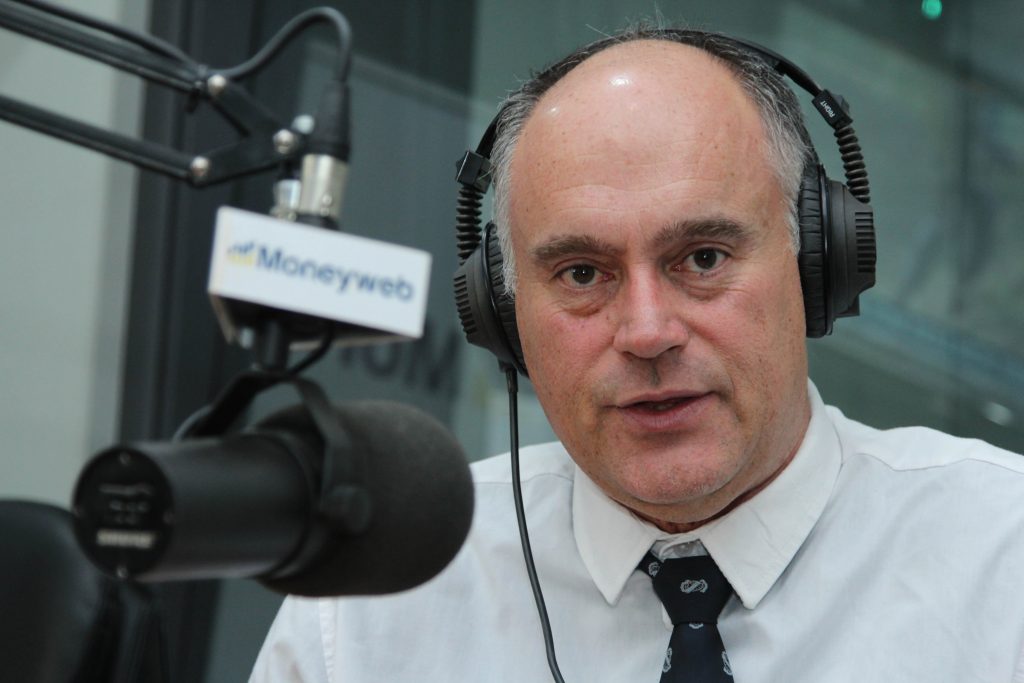
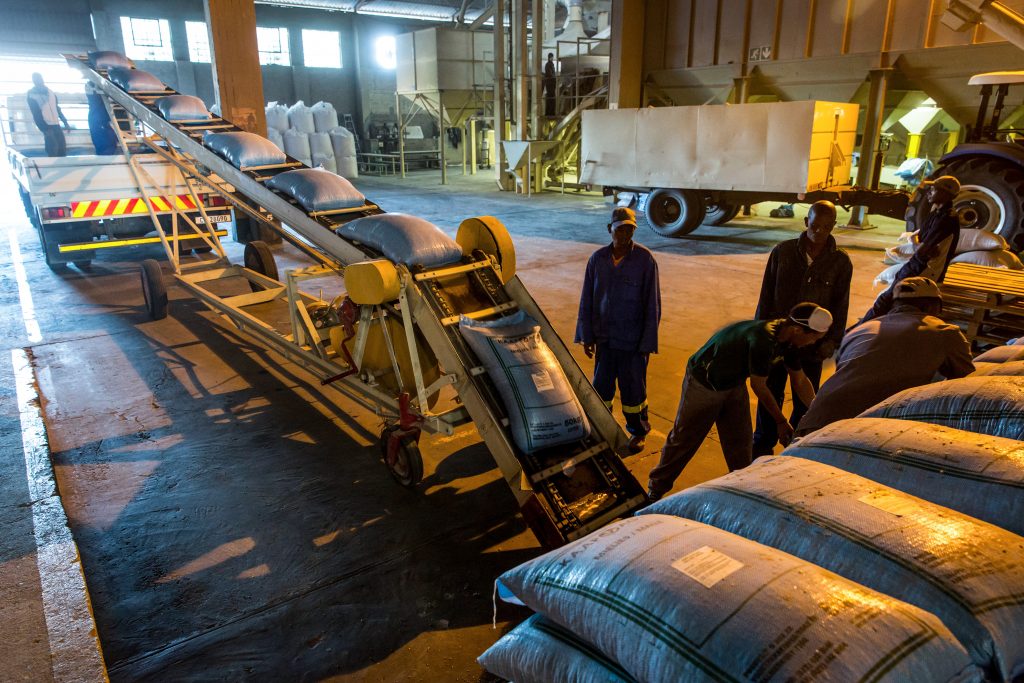
![[FULL SHOW] SA prepares for G20, questioning Prasa’s R7.5bn spend, and the impact of tariffs on SA’s auto sector](https://www.moneyweb.co.za/wp-content/uploads/2023/11/JimmyMoyaha-safm.jpg)














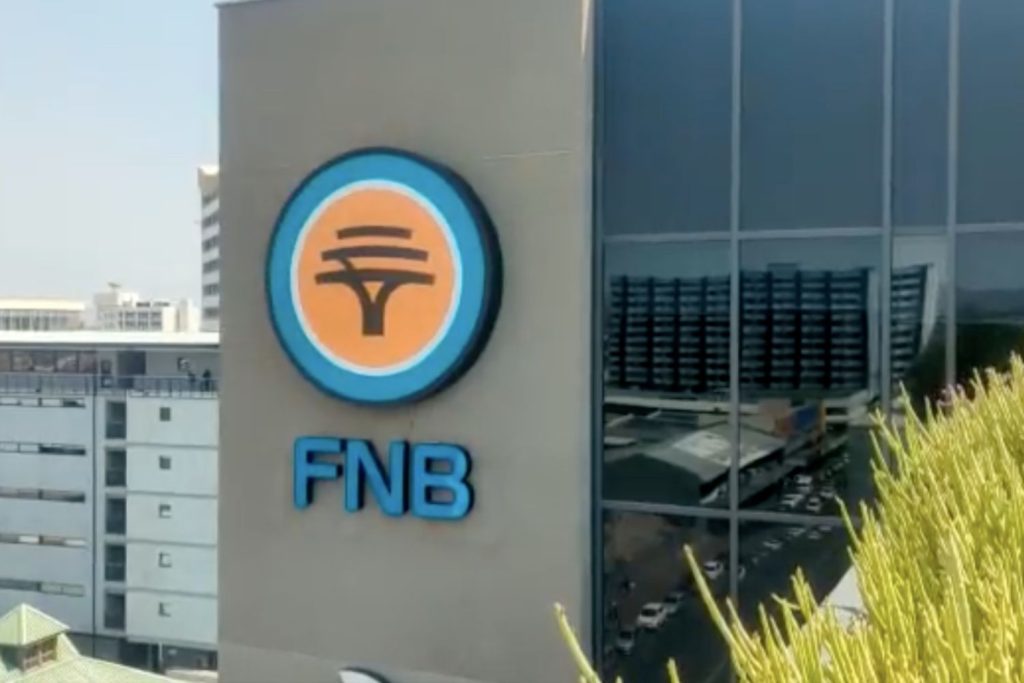

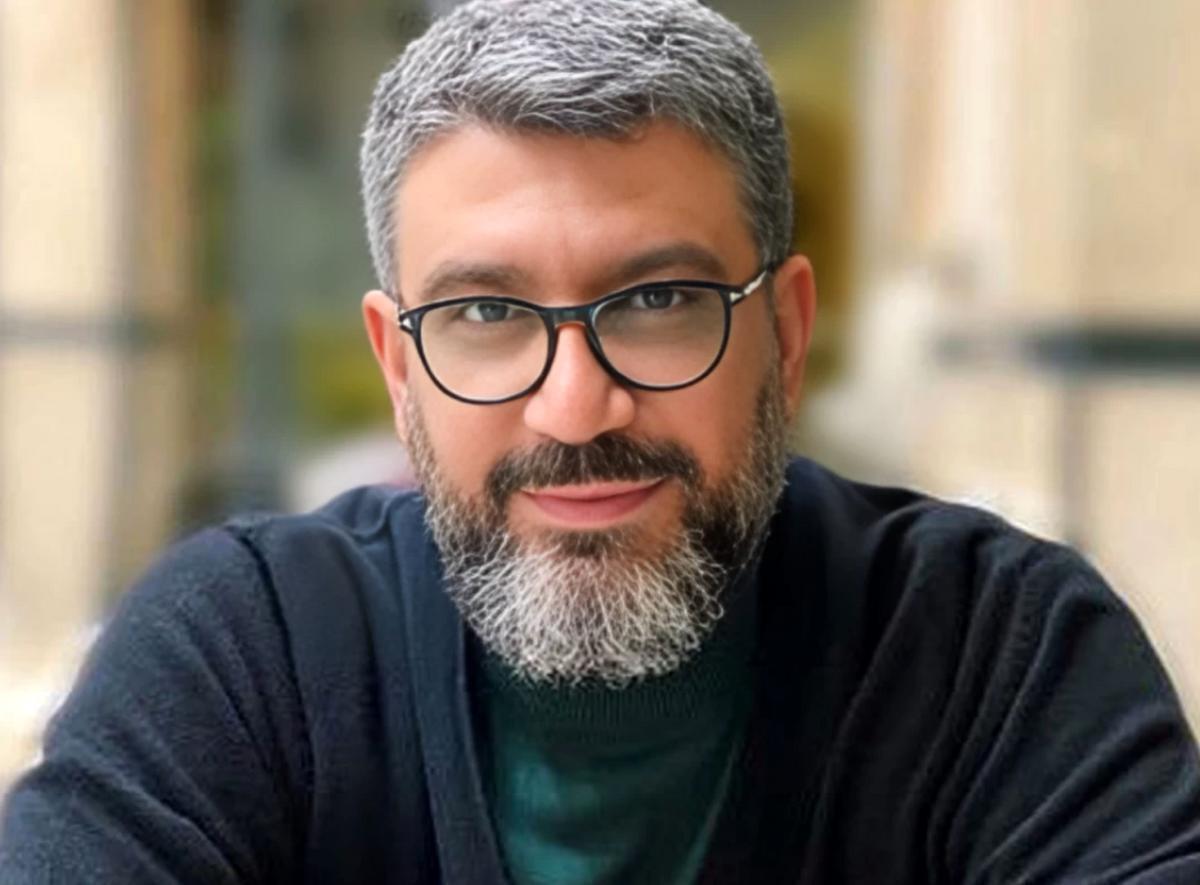
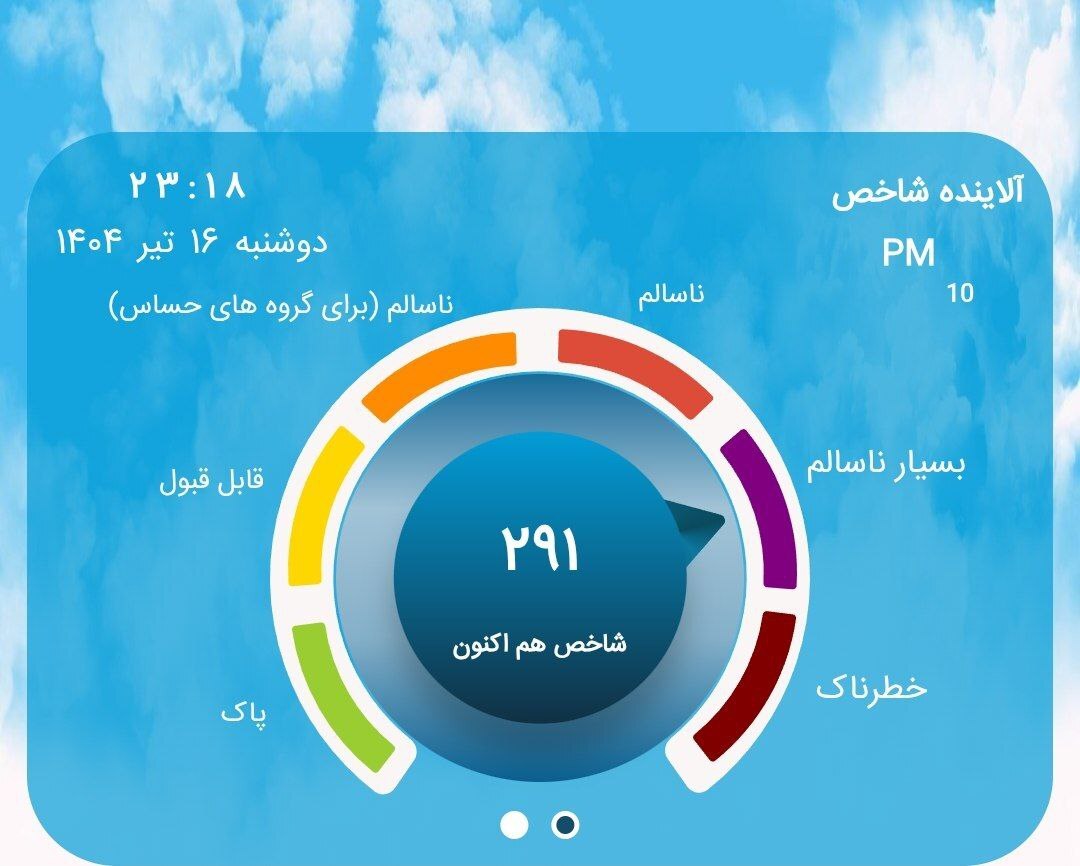
 English (US) ·
English (US) ·